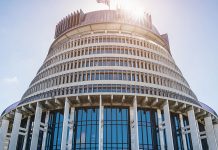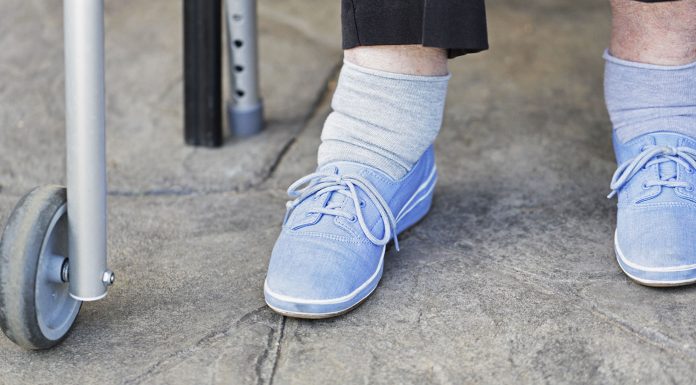Auckland nurses, midwives and caregivers are being run off their feet, leaving them stressed out and concerned about the well-being of their patients, the New Zealand Nurses Organisation says.
Hundreds of health professionals around the country shared their stories with the organisation and the overwhelming issue brought up by staff working for Auckland’s three health boards was a lack of staffing, which was forcing them to go without breaks and regularly work extra hours unpaid.
One Auckland nurse, who told their story anonymously, said on a recent emergency department shift 15 patients came through the five beds they were monitoring in just four hours.
“All patients were acutely unwell… I had no back-up during this four-hour period. Just another crazy busy day in ED with nursing staff shortages,” they said.
It is stories like this that has the New Zealand Nurses Organisation pushing for more health funding to take the pressure off overworked staff and allow them to devote more time to caring for patients.
As part of the organisation’s member-led Shout Out for Health campaign for better health funding, more than 3000 signed letters had been collected calling for people to consider health funding when making their decision on who to vote for, lead organiser for Auckland Carol Beaumont said.
She said more funding would mean more staff and earlier interventions to stop people from getting so sick to start with.
“Knowing they are not able to provide the quality of care they could provide is deeply distressing [for nurses],” Beaumont said. “It is totally disheartening.”
The public knew nurses were doing their best to cope with what they had and were supportive of the push for more money, she said.
Another Auckland nurse was under so much pressure she had to change her role within the health board.
“I could no longer handle the intense pressure of working as a nurse on an extremely busy ward which I felt was considerably understaffed. The acuity of patients has increased steadily over the many years I worked there and staffing numbers not only not increased but actually reduced… Missed tea breaks and/or shortened lunch breaks and finishing late regularly had become the norm,” she said.
The nurse said they were told there would be no extra staff hired and that they would have to work smarter.
“This is soul destroying for a nurse who prides herself on her desire and ability to give the best care but was unable to because of the unrealistic expectations of management. It got to the point where I really thought that patient safety was at risk. The stress of this situation affected my family life also as I was left exhausted after my days at work. It left me mentally, physically and emotionally completely drained.”
Practising nurse and chairwoman for the organisation’s greater Auckland regional council Esther Linklater said she was regularly hearing similar stories.
“It’s getting to the point we can’t work any smarter,” she said.
There was just not enough staff to allow nurses to do their job properly, she said. Tasks had to be prioritised and the less essential ones often did not get done.
Nurses got into the profession to do good so often stayed an hour after their shift ended or started early to get the job done, she said.
“We often beat ourselves up. We wake up at four in the morning and go, ‘oh my gosh’,” she said. “I’ve had stories of nurses crying on their way in to shift because they don’t know what they are having to let go of and they don’t feel they are doing a good job.”
Beaumont said there was a funding shortfall of almost $2 billion in the health system and the increases had not kept up with fast growing and ageing population.
This was despite National increasing health funding each year. The party pulled back on the size of the increase after it came into power saying it was not feasible to keep increasing it at the rate Labour had been.
Ministry of Health chief nurse Jane O’Malley said individual health boards were best placed to comment on their workforces but acknowledged positive working environments were important for all healthcare workers.
“The Ministry is supportive of DHBs actively engaging with their staff – including nurses – about health and wellbeing. It’s an important part of good employment to know what staff think and feel about their workplaces.”
None of Auckland’s three district health boards responded to questions before deadline.






















